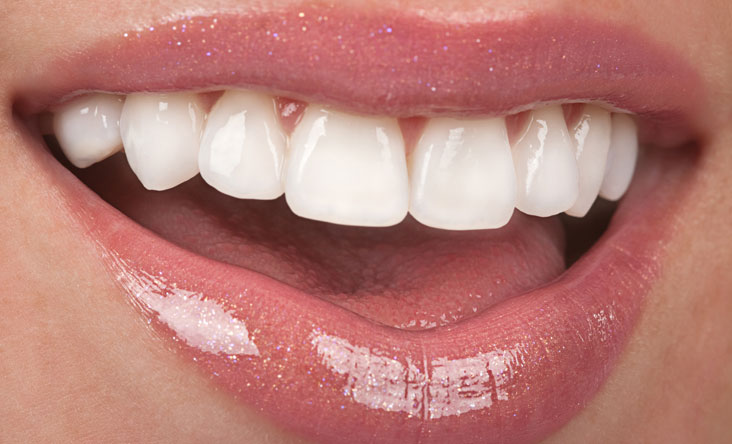Have you ever bitten into your favorite ice cream or sipped on a hot cup of coffee, only to wince at a sudden, sharp flash of pain? If so, you are not alone. Tooth sensitivity is a common dental issue affecting millions worldwide. In this blog post, we’ll uncover the reasons behind tooth sensitivity and explore how modern dentistry can help alleviate sensitive tooth discomfort.
What Causes Tooth Sensitivity?
Sensitive teeth are typically the result of tooth enamel that has worn down or gums that have receded, exposing the tooth’s dentin. This layer of the tooth is directly connected to the nerve, triggering pain when exposed to hot or cold temperatures. Here are some common causes of sensitive teeth:
- Tooth Decay: Cavities and tooth decay can cause your teeth to become sensitive.
- Gum Disease: Gum recession due to periodontal disease exposes the tooth roots, leading to sensitivity.
- Teeth Grinding: Chronic teeth grinding wears down the enamel, causing sensitivity.
- Cracked Teeth: A cracked tooth can cause pain that extends to the root.
How to Alleviate Sensitive Tooth Discomfort
Luckily, tooth sensitivity can be managed effectively with professional dental care and good oral hygiene practices. Let’s look at how we can help alleviate sensitive tooth discomfort.
Professional Dental Care
Visiting a dentist is crucial for diagnosing and treating tooth sensitivity. Dr. Loren Grossman offers several treatment options that can alleviate sensitive tooth discomfort:
- Desensitizing Dental Treatments: This involves the application of a desensitizing agent to your teeth to reduce sensitivity.
- Fluoride Application: Applying fluoride to sensitive areas strengthens tooth enamel and reduces pain.
- Dental Procedures: Depending on the cause of your sensitivity, various dental procedures like crowns, bridges, or dental implants might be recommended.
Good Oral Hygiene Practices
Maintaining good oral hygiene is crucial in managing sensitive teeth. This includes:
- Using a Soft-Bristled Toothbrush: This reduces the chance of gum irritation and enamel erosion.
- Using Desensitizing Toothpaste: Special toothpaste designed for sensitive teeth can provide relief.
- Avoiding Acidic Foods and Drinks: Acidic substances can wear down tooth enamel, causing sensitivity.
Seek Professional Help for Your Sensitive Teeth Today
If you’re struggling with sensitive teeth, remember that you don’t have to live with the discomfort. Reach out to Dr. Loren Grossman. With years of experience and a dedication to patient comfort, Dr. Grossman and his team can create a personalized treatment plan to alleviate sensitive tooth discomfort and restore your oral health.
In conclusion, tooth sensitivity can be more than just a minor annoyance—it can interfere with your daily life and enjoyment of your favorite foods and drinks. However, with the right dental care and personal oral hygiene habits, you can alleviate sensitive tooth discomfort and reclaim the joy of a pain-free smile. Schedule an appointment with Dr. Loren Grossman today and start your journey towards a healthier, happier smile.





